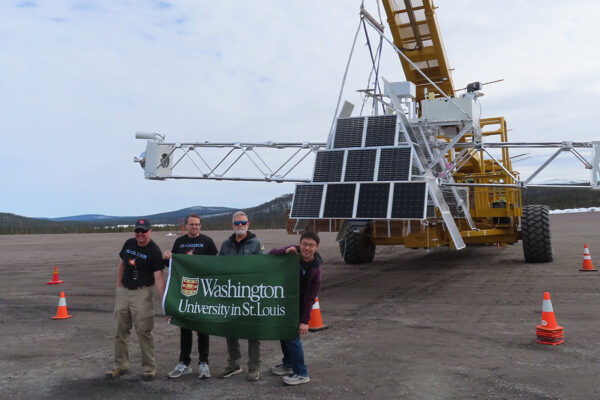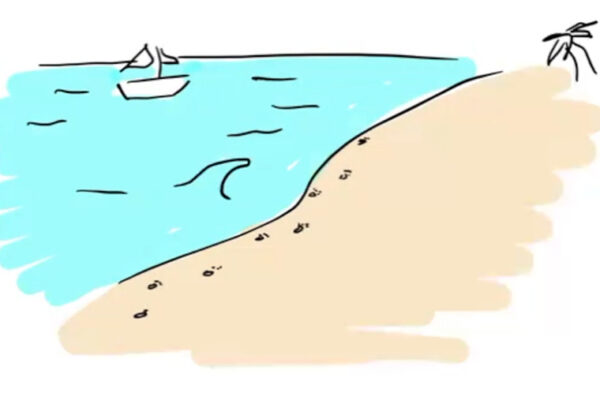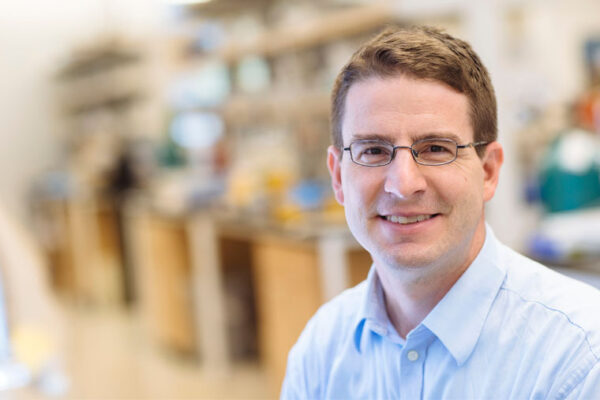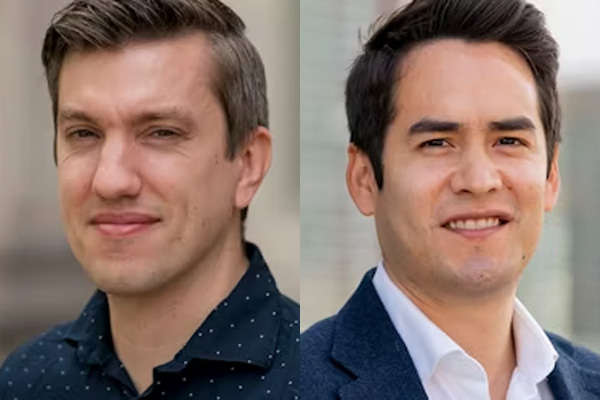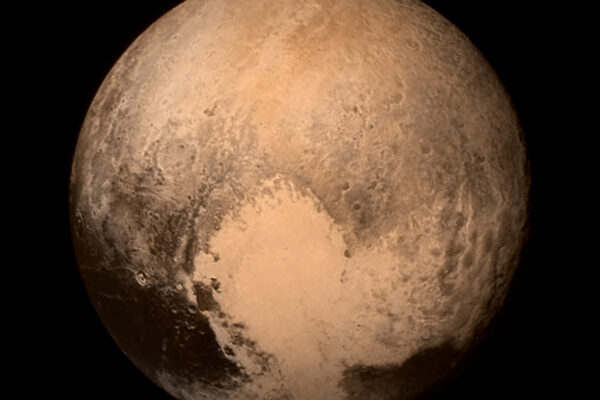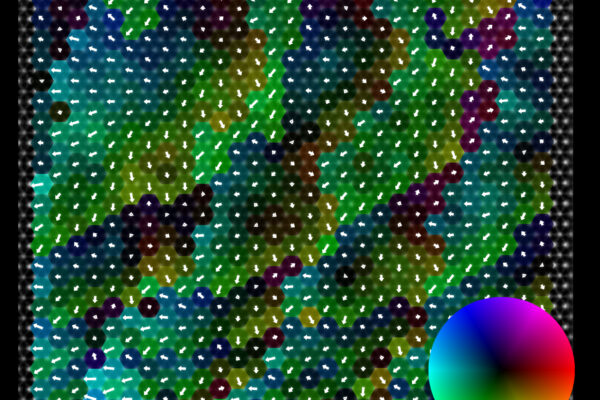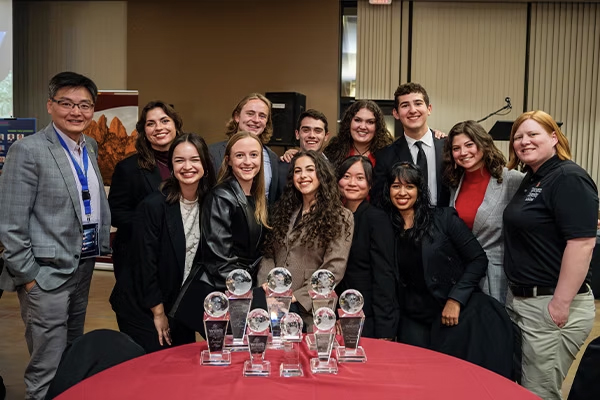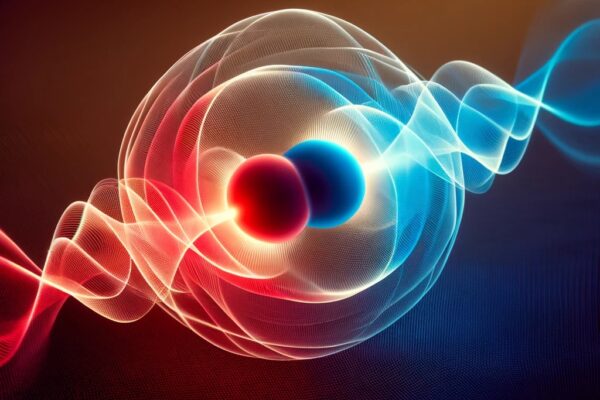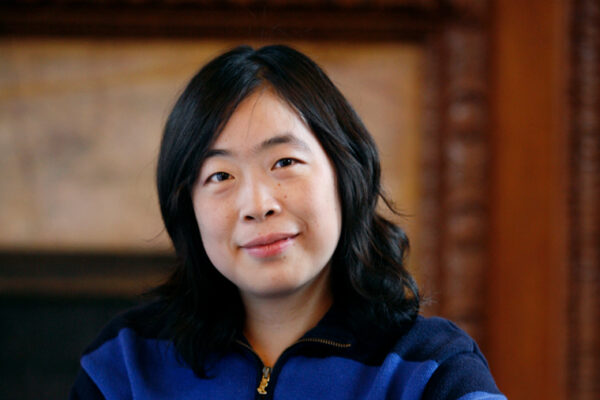XL-Calibur telescope set for balloon flight from Arctic Circle
Scientists from Washington University in St. Louis are preparing to launch a balloon-borne telescope to unlock the secrets of astrophysical black holes and neutron stars. The telescope known as XL-Calibur could be launched from Esrange Space Center in Sweden as early as Wednesday, May 29.
Helping qubits stay in sync
In a new paper in Physical Review Letters, Kater Murch in Arts & Sciences and his collaborators explore the effects of memory in quantum systems. View an illustrated video about the experiments and findings.
Giammar named fellow of AEESP
Dan Giammar, the Walter E. Browne Professor of Environmental Engineering in the McKelvey School of Engineering at Washington University, has been elected a fellow of the Class of 2024 Association of Environmental Engineering and Science Professors.
Lawrence, Seáñez win collaboration grants
Mark Lawrence and Ismael Seáñez, both assistant professors in the McKelvey School of Engineering at Washington University, have won $25,000 Collaboration Initiation Grants from the school.
Peering into Pluto’s ocean
Graduate student Alex Nguyen in Arts & Sciences calculated the depth and density of the solar system’s most mysterious and remote body of water.
Chemo for glioblastoma enhanced by tapping into cell’s daily rhythms
A study from biologists and clinicians at Washington University in St. Louis reports that glioblastoma cells have built-in circadian rhythms that create better times of day for treatment.
Tiny displacements, giant changes in optical properties
In a study published recently in Advanced Materials, researchers from Washington University and the University of Southern California reveal a new pathway for designing optical materials using the degree of atomic disorder. The researchers anticipate developing crystals that enable advanced infrared imaging in low-light conditions or to enhance medical imaging devices.
Environmental engineering students find success at national contest
Students from Washington University brought home eight awards from the WERC Environmental Design Contest.
Quantum physics may help lasers see through fog, aid in communications
An engineer in the McKelvey School of Engineering at Washington University is implementing quantum technology to develop ways that lasers can operate effectively in challenging environments.
Barcodes expand range of high-resolution sensor
A technique developed by Washington University researchers vastly expands the range of optical sensors used in measuring chemical signatures and molecules.
Older Stories
